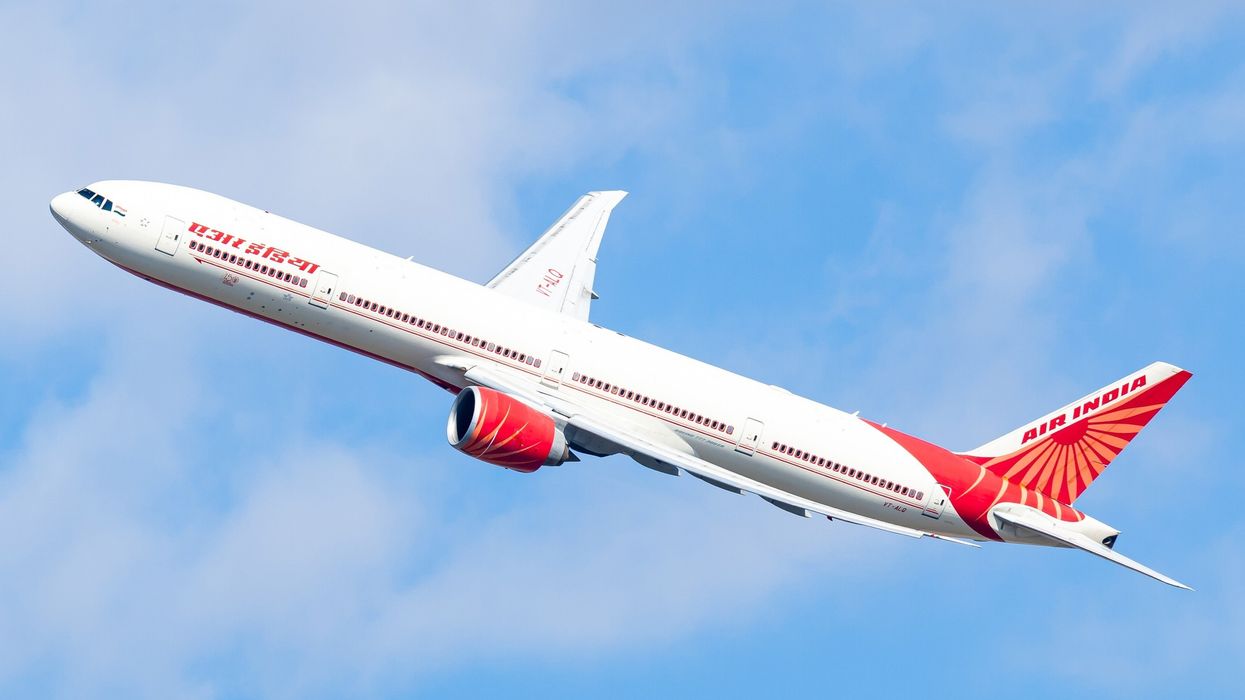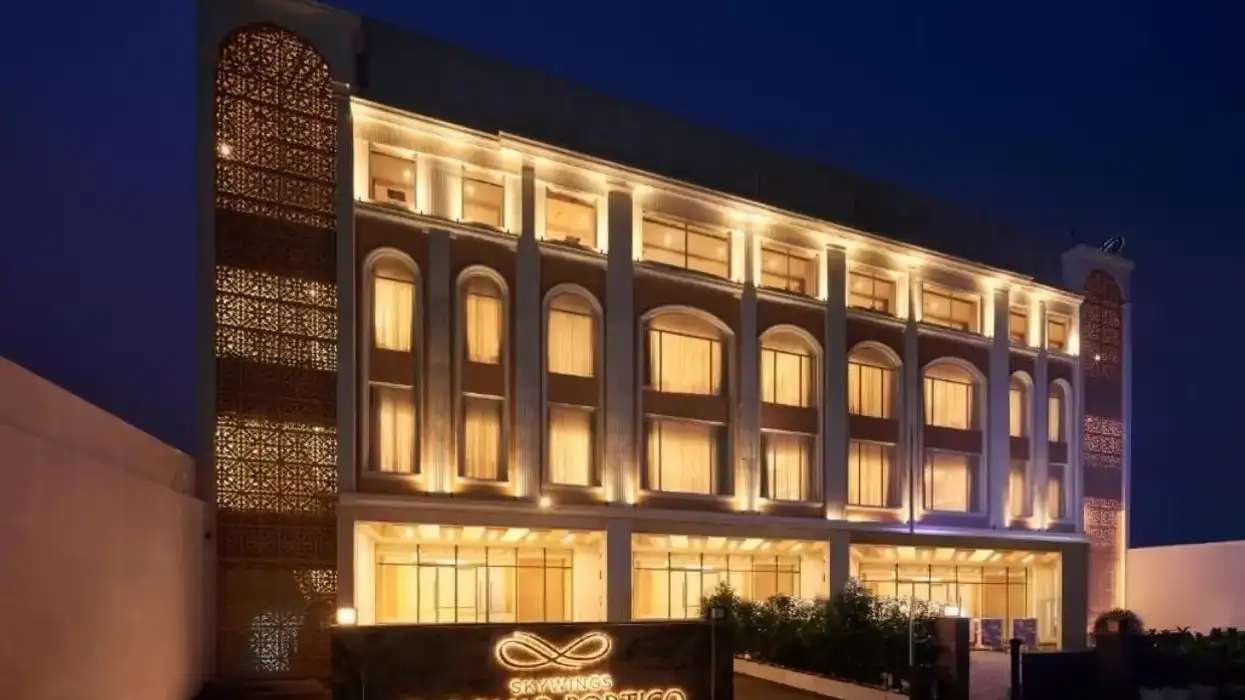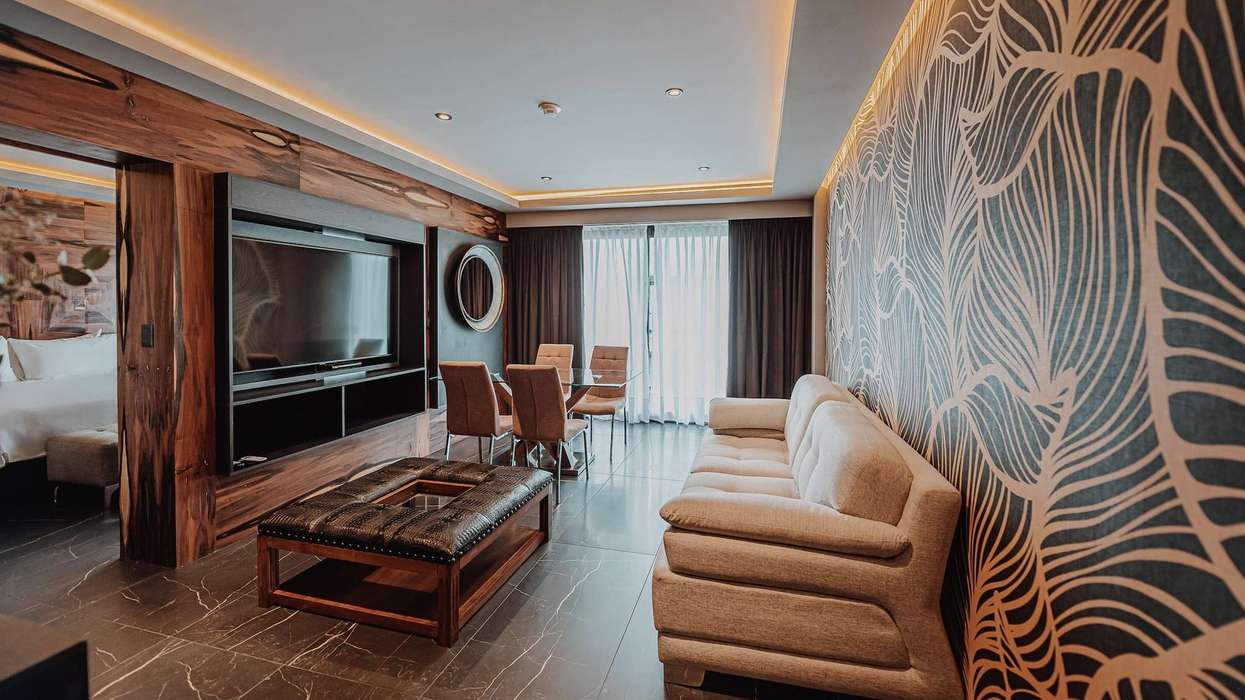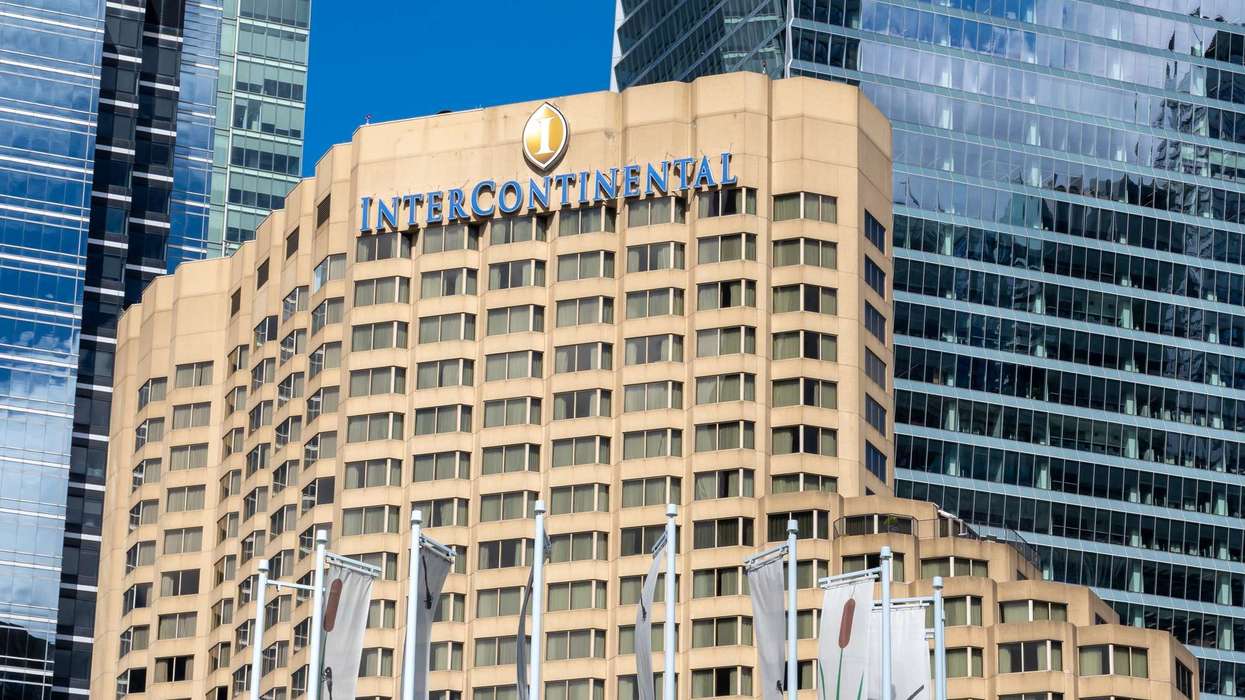Summary:
- Air India to partially restore international wide-body schedule from Aug. 1 after 15 percent cut following June 12 AI 171 crash.
- Delhi–New York (JFK) and Mumbai–New York (JFK) cut to six weekly; Delhi–Newark to four.
- Revised schedule takes effect in August; full restoration expected from October.
AIR INDIA WILL partially restore its international wide-body schedule from Aug. 1, following a 15 per cent reduction after the June 12 crash of flight AI 171 on the Ahmedabad to London Gatwick route, operated by a Boeing 787. Delhi to New York’s JFK International Airport and Mumbai to New York (JFK) will operate six weekly flights each, down from seven, while Delhi to Newark, New Jersey, will drop to four from five.
Full restoration is expected from October, Air India said in a statement.
The announcement follows the release of the preliminary report on the AI 171 crash, which killed 260 people—241 of 242 passengers and 19 on the ground. The report identified the primary trigger as both engine fuel control switches moving from “RUN” to “CUTOFF” in quick succession after lift-off. Investigators are examining the cause of this transition. The report found no fault with Air India and made no recommendations for other Boeing 787 or GE engine operators.
Following the Directorate General of Civil Aviation’s mandated safety inspections of Air India’s 787 fleet, the airline conducted its own checks and adopted a cautious operating approach, resulting in delays and cancellations in the following week.
Safety pause and partial restoration
Air India announced a 15 percent cut in international wide-body flights on June 18. Airspace closures over Pakistan and parts of West Asia, along with night curfews at several overseas airports, added to the disruption.
“The safety pause enabled Air India to conduct additional precautionary checks on its Boeing 787 aircraft and accommodate longer flying times due to airspace closures over Pakistan and the Middle East,” the airline said. “The partial resumption will restore some frequencies from 1 August, relative to July, with full restoration planned from Oct. 1.”
The restoration includes changes to the earlier schedule.
“As the schedule reductions implemented as part of the Safety Pause were in effect until July 31 and the restoration to full operations is being phased, some services initially planned between Aug. 1 and Sept. 30 will be removed from the schedule,” the statement said. “Air India is proactively contacting affected passengers to offer rebooking on alternative flights or a full refund, as per their preference. Air India apologizes for the inconvenience.”






